Sylvia Johnston always remembers the day she started losing her eyesight.
It was 2018 and the retired NHS Tayside district manager from Dundee was being treated to a Mother’s Day lunch by her son Fraser and his wife Fiona in the former Laing’s Bar in Roseangle.
The 76-year-old recalls walking in to the venue and suddenly realising she was having problems with her vision.
“It was a bright, sunny day but when we went inside the hotel, I couldn’t see,” the gran-of-two says.
“At first I just thought it was my eyes adjusting to the different light.
“But then when we went down into the restaurant, I couldn’t read the menu.
“The fact that it happened so quickly was scary.
“I went to the optician on the Monday morning and they sent me to the eye clinic at Ninewells Hospital.
“It turned out I had had a massive bleed behind my right eye.
“They tried giving me injections in my eye but they didn’t work.
“That was the start of me losing my sight.”
When she realised she was going blind Sylvia became very depressed.
But she ended up having a new lease of life through her love of bowls.
And since then, she has gone on to become a para bowls champion.
Being diagnosed with sight loss
Sylvia says at first it was her right eye which was affected, but then she had another eye bleed.
And when she went back to the eye clinic at Ninewells, she found out she had had a macular haemorrhage which can happen due to age-related macular degeneration.
This is a condition that causes abnormal blood vessels to grow under the macula, the centre of the retina.
This growth can lead to bleeding and swelling, which can damage the macula and central vision.
“At the clinic I was told the macula had been destroyed because of the bleed.
“And there was nothing they could do.”
Counselling and a guide dog
Nina McIntosh, from the eye clinic at Ninewells, got in touch with north east sensory services on Sylvia’s behalf and also contacted the Royal National Institute for the Blind (RNIB).
The RNIB then offered her counselling.
Sylvia says: “I didn’t think I needed counselling, but they got this lady to give me a call anyway.
“She phoned me once a week and I was able to tell her things about how I was feeling that I couldn’t tell my family because I didn’t want to scare them.
“She was amazing.”
A representative from north east sensory services arranged to visit Sylvia and took her out, showing her how to use a cane.
“Nina from the eye clinic also got in touch and asked if I had thought about applying for a guide dog. I hadn’t even thought about that.
“Then two people from the Guide Dogs came out to see me and one of them took me on a walk with a dog to see how active I was so I could be matched up with the right dog.
“And in 2019 that’s when I got my guide dog Frankie. I felt very lucky to be able to get him.”
She continues: “Having Frankie has made such a difference. He has given me more independence than I ever thought I would have.
“Although my sight is getting worse, because I have Frankie, I am still able to do a lot of the things I once did.”
Discovering Para bowls
Sylvia started playing bowls when she was in her 40s.
“When my husband Ken and I came to live in Muirhead in 1974 my children were quite young and there wasn’t a lot to do in the village.
“My husband bowled before I did and he suggested I try it.
“So I started going along to Muirhead & Birkhill bowling club at night and I found I quite enjoyed it.
“I played competitively before I lost my sight. But then when I started having problems with my eyes, it became more difficult.
She became depressed and wasn’t sure how life was going to get any better.
But a friend Jim Mackie, who was involved in coaching bowlers with disabilities, told Sylvia about the group, which originally met at Balgay Bowling Club in Dundee.
It now meets at Craigie Bowling Club on a Friday.
So she decided to go along and met other bowlers who also have sight impairments as well as other disabilities.
Sylvia then travelled to coaching sessions in Forth Valley, Dundee and Perth before taking part in the United Kingdom Singles Championship Visually Impaired bowling competition in 2019.
She won silver at this event.
“When I won that first silver, it really encouraged me to keep going and I thought then I can do this.’
She later won silver in the Ladies Scottish Singles as well as the Scottish Championship in Aberdeen.
Winning gold
But her biggest win so far came this year in July.
Sylvia was playing at the Bowls Scotland National Finals played at Northfield, Ayr and she won the Ladies B2/3 category – her first gold medal in the competition.
“To win the gold medal and get a trophy was just amazing.”
Sylvia also managed to win her first International Cap in June this year when she represented Scotland in the Para Home Internationals.
But she says that her win would not have been possible without the help of her coaches and the volunteers who give up their time to help out at the weekly club sessions.
“I wouldn’t be able to have achieved this if the volunteers didn’t give up their time to help people like me because we can’t do it on our own.
“As you are visually impaired you can’t see what you are doing.
“So we have directors who guide us.
“I will ask my director to tell me where the opposition bowl is lying so they can give you the information and this helps you.”
‘New lease of life’
Playing para bowls has really made a difference to Sylvia’s life since her sight loss.
“I am really thankful to people like Bob Christie ( Scotland’s para bowls co-ordinator) Jim Mackie and the other volunteers because playing bowls has given me a new lease of life.
“And I am now going to keep on playing competitively because I really enjoy it.
“It’s not just about winning gold medals, it’s also about meeting the people and sharing the experience together.”
She adds: “I want more people to know about it because there could be people sitting at home looking at the four walls like I was.
“To start with when I began losing my sight I thought my life was over, but you come to realise that isn’t the case.
“You just have to do things in a different way.”
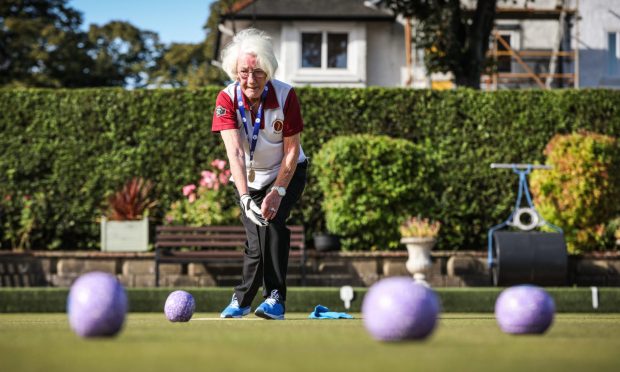
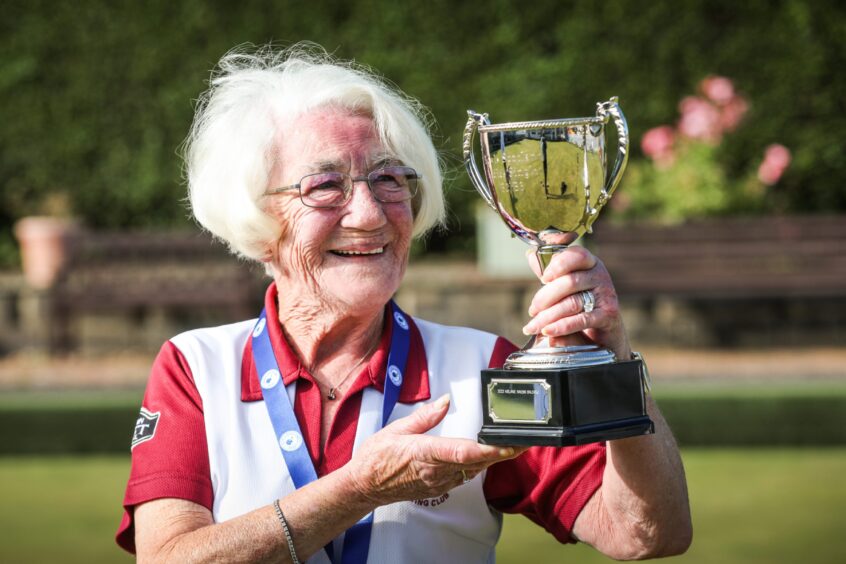
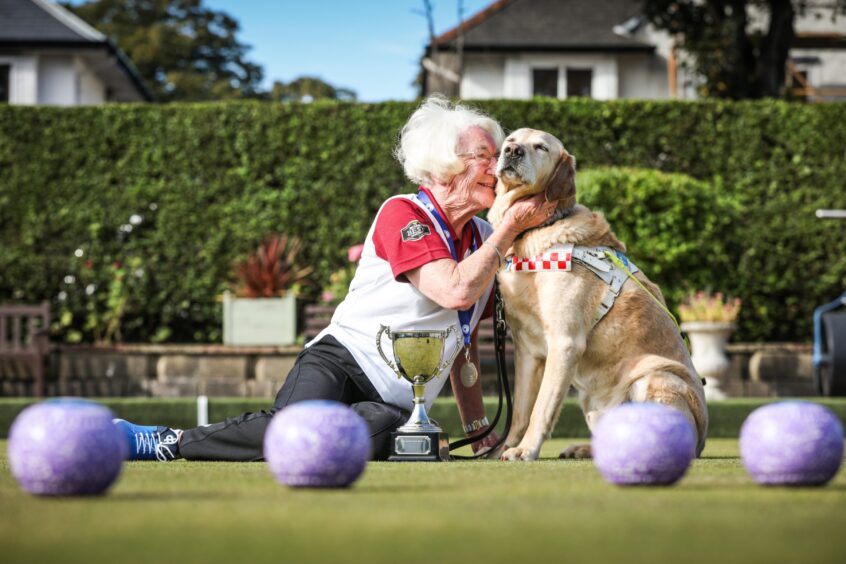
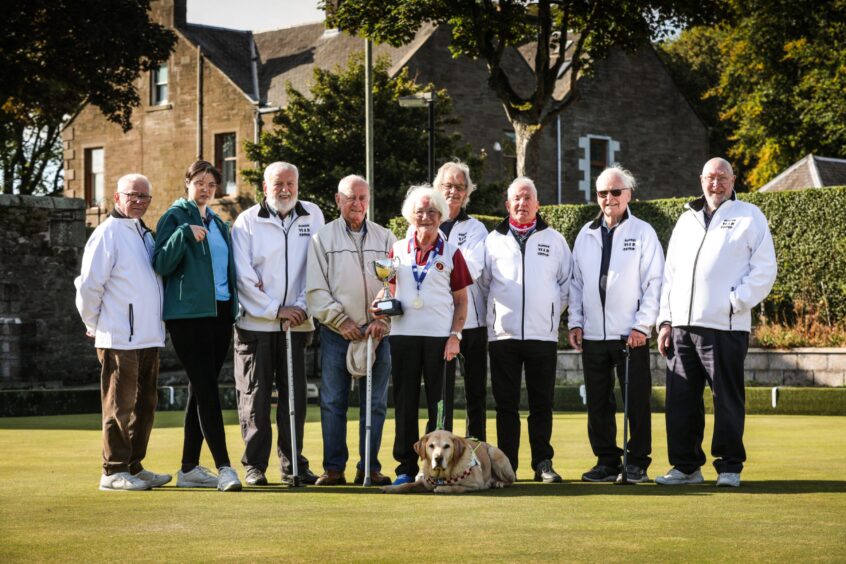
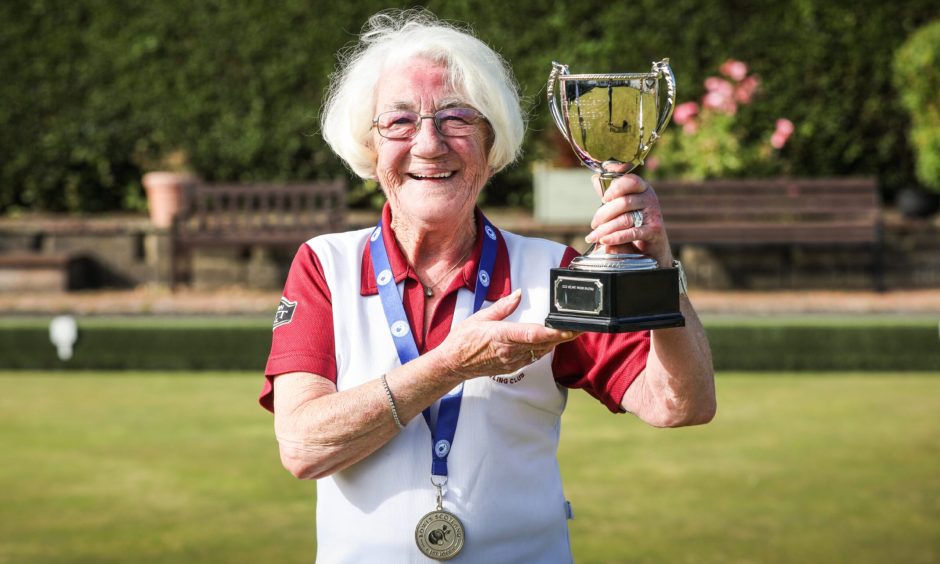
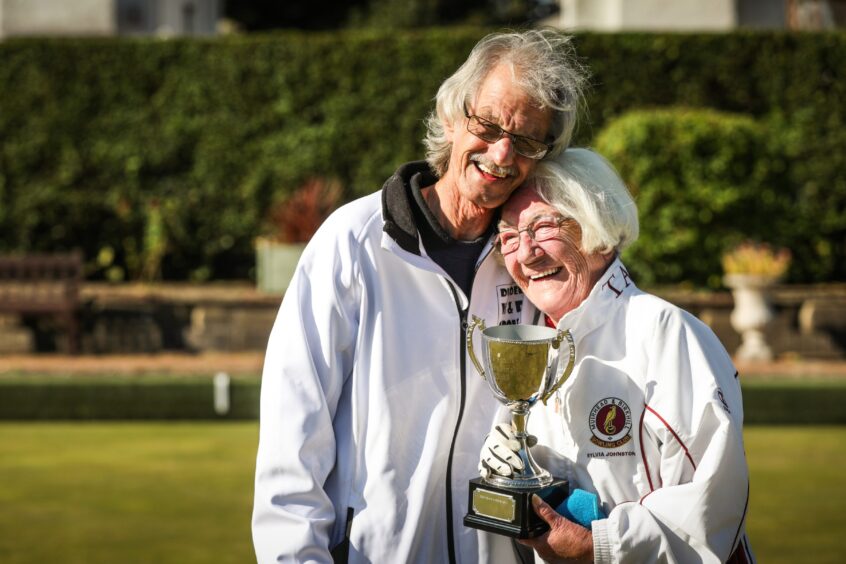

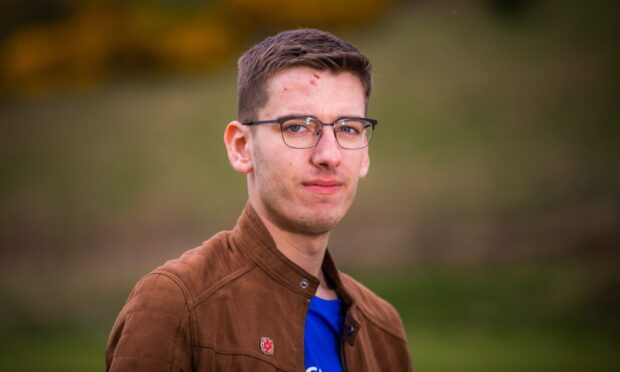
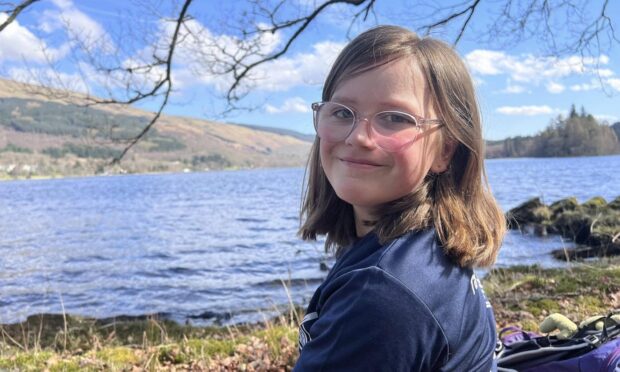
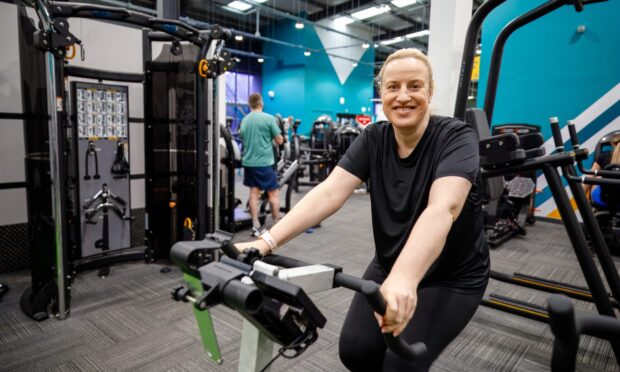
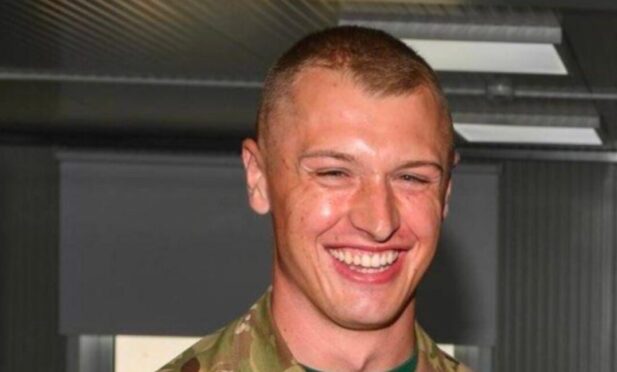
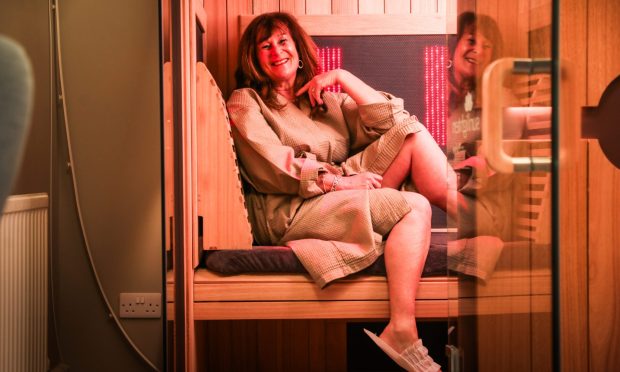


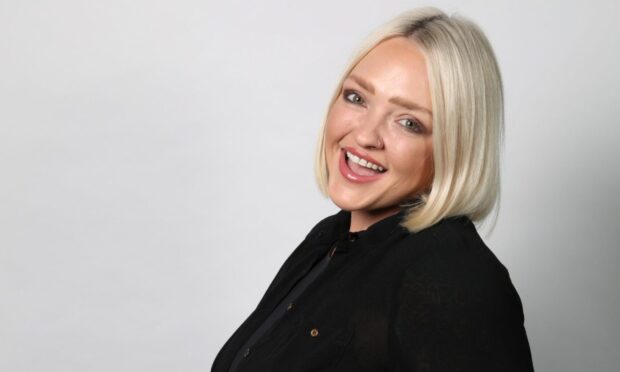

Conversation